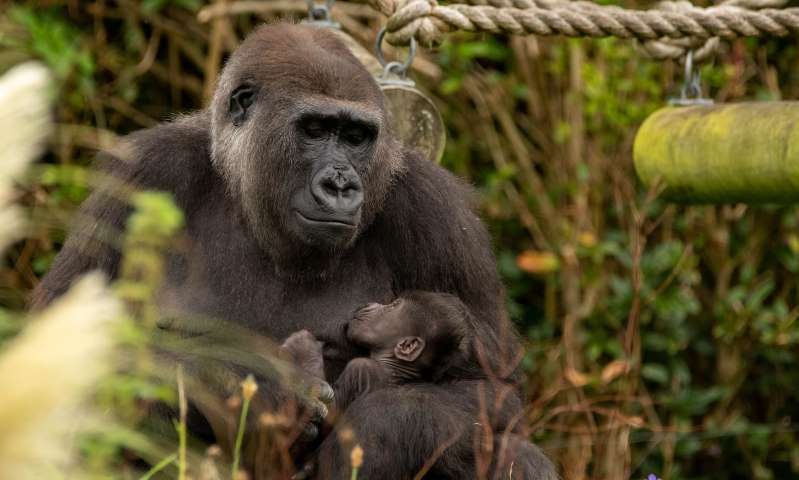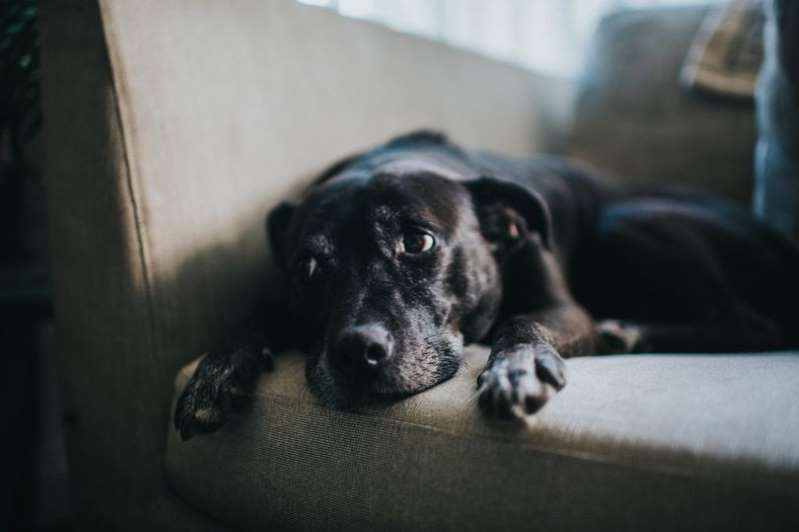Stop taking selfies with seals, Yorkshire charity warns visitors
![]()
![]()
![]()
![]()
![]()
![]()
Stop taking selfies with seals, Yorkshire charity warns visitors
Tourists to Yorkshire’s coast have been told to stop taking selfies with seals amid a surge of visitors attempting to get Insta-friendly snaps.
The mammals are being distressed by those getting up close for pictures, the Marine Conservation Society (MCS) has warned.
Dogs off their leads, drones and coastal explorers have also disturbed and disorientated the seals, which come ashore along the East and North Yorkshire coast every year to give birth.
Such interaction was especially dangerous, the charity said, because frightened seals were known to abandon pups who then had no way of making it back to the safety of the sea.
Matt Barnes, a volunteer with MCS, said: “Seals are very vulnerable to disturbance, which upsets their routine of feeding and digestion, increases their use of energy, raises their stress levels and means they are more likely to injure themselves.”
He added that a rise in staycation tourists – believed to be down to the coronavirus pandemic – had “manifested in people seeking ‘seal selfies’, having uncontrolled dogs off the leads, drones, water craft and coastal explorers disturbing vital haul out sites [areas where seals gather on land]”.
Common and grey seal colonies thrive in the area with hundreds hauling themselves on to land along the 90-mile coastline every summer, particularly at Flamborough Head and Robin Hood’s Bay.
Reference: Independent:Colin Drury 1 day ago: 19/09/2020Selfies
Melbourne academics win Ig Nobel prize for research showing worms vibrate like water





Melbourne academics win Ig Nobel prize for research showing worms vibrate like water
Blasting a speaker to move garden worms in a regional Victorian backyard might sound more like a high school science experiment than a breakthrough in neuroscience.
What started as an exercise in curiosity of two academics from Melbourne’s Swinburne University has found vibrations cause earthworms to form patterns in the same way water droplets react to vibrations.
On Thursday, the research was awarded an Ig Nobel prize – the send up of the prestigious Swedish awards that instead celebrate findings that “first makes people laugh, and then makes them think”.
Physicist Ivan Maksymov and applied mathematician Andriy Pototsky said their award was “the biggest surprise” of their professional lives, given the origins of the research.
Maksymov told Guardian Australia he was in the backyard of his home in Seymour, in regional Victoria, when he considered the visual similarity between liquid moving from vibration known as Faraday waves – and earthworms.
Considering the high water content of the worms, Maksymov took a handful out of the ground, temporarily sedated them, and placed them on a subwoofer in his garage, which was set up with some equipment for days when he did not want to make the hour-and-a-half long drive into his university office.

“It was a pure ‘what if’ moment,” he said. “We didn’t go into this with any particular question or scientific problem to solve.
“I decided to vibrate the speaker, so I played some instrumental beeping noises through. And they started to move like water.”
He later returned the test subjects to his backyard worm farm, where they regained consciousness.
After the initial discovery, Pototsky created a model to help further the research.
Related: Study of French postmen's testicles is an Ig Nobel winner
Since the findings were published in a scientific journal, the pair are exploring potential applications for the finding.
They believe it could be useful as a non-invasive method of studying brain impulses, and beyond neuroscience they believe it can be used in robotics to simulate a worm’s movements.
Despite the comedic element to the research, they decided to accept the award in the knowledge it would further spread their findings and potentially be taken up in further neuroscientific practice.
Makymov also pointed out that a previous Ig Nobel recipient, Andre Geim, who won an award in 2000 for levitating a frog by magnetism, went on to win a Nobel prize in physics 10 years later.
This year’s Ig Nobels – the 30th edition – also awarded an Ohio anthropologist who made a knife from his frozen faeces, who then attempted, and failed, to cut a pig hide with the blade.
A Canadian psychologist also won an award for linking thicker eyebrows with narcissism.
Winners of the price receive a paper cube, folded by a Nobel laureate, and a £10tn dollar bill from Zimbabwe.
Reference: The Guardian: Elias Visontay 17 hrs ago:17/09/2020
Switzerland region will vote on giving primates constitutional rights





Switzerland region will vote on giving primates constitutional rights
Primates could be given fundamental constitutional rights in an area in Switzerland after a referendum on the proposal was given the go ahead.
The northern canton of Basel-City will vote on whether to amend its constitution after campaigners amassed more than 100,000 signatures.
The vote has been given the go ahead by the country's supreme court after cantonal and city governments objected saying it could violate federal law.
Last year a complaint against the amendment's legality was dismissed by a Basel court and on Wednesday the Federal Supreme Court of Switzerland rejected an appeal against that decision.

The court said: 'In principle, cantons can go further than the protections guaranteed by the federal constitution.
'The initiative does not ask that federal rights accorded to humans be extended to animals, but is asking for the introduction of specific rights for non-human primates.
'While unusual, this does not in itself contradict the superior law, especially since the fundamental distinction between animal rights and fundamental human rights is not brought into question,' reported The Local.
Animal rights group Sentience Politics launched the proposal in 2016, and said it was 'thrilled at this historic decision'.
The organisation said: 'Nonhuman primates have a fundamental interest in their life and physical and mental integrity.
'However, this is hardly taken into account by the Swiss animal welfare legislation.'
A date for a vote on the issue is still to be set under the rules of the country’s direct democracy system.
Reference: Joe Davies For Mailonline 1 day ago: 17/09/2020
Dogs and cats can contract Covid-19 from their owners, vets warn





Dogs and cats can contract Covid-19 from their owners, vets warn
Dogs and cats can contract Covid-19 from their owners - and even display respiratory symptoms, according to a new study.
Pet owners who come down with symptoms are being warned to stay away from their animals for fear they might also become infected.
Veterinary science experts have said while there is no conclusive evidence that a pet could give Covid-19 to its owner, the virus does not change between species so it is certainly possible.
The researchers began studying when several pets were reported to have respiratory symptoms at the time when their owner was suffering from coronavirus.
Dorothee Bienzle, Professor of Veterinary Pathology at the University of Guelph in Canada, said: "These preliminary results suggest that a substantial proportion of pets in households of persons with COVID-19 become infected."
In the study, people who owned a cat, dog, and in one case a ferret and had a diagnosis of SARS-CoV-2 were invited to have their pet swabbed.

If humans were outside the two-week window of suspected infectiousness, antibody testing was offered which looked for recent (IgM antibodies) or past infection (IgG antibodies).
Out of the 17 cats, 18 dogs and one ferret, all cats were tested and none of them bar one cat were currently infectious, but some showed signs of having been infected.
Ferrets, and other mustelid species such as mink, are highly susceptible to infection, according to the study.
Prof Bienzle said: "All cats with an indeterminate PCR or positive antibody results were reported to have had respiratory and/or other illness by their owners around the time of the owner's COVID-19 infection.
"Two (20%) of dogs had positive IgG antibody results, indicating past infection, and one of these was reported to have had an episode of respiratory disease.
She added: "While eligible participant number was limited by relatively low human transmission rates in the study area, these preliminary results suggest that a substantial proportion of pets in households of persons with COVID-19 end up developing antibodies.
"Due to the narrow window of time available to detect a current infection in pets, especially if their owner is still sick and isolating, blood testing the animal at a later time to check for previous infection is preferable for assessment of human-to-animal transmission."
She concluded: "Transmission from mink to humans has been reported on mink farms with a high proportion of infected animals maintained in close quarters and cared for by humans.
"Transmission from pets to humans has not been reported, but since the virus changes minimally or not at all after transmission from humans to animals, such reverse transmission may occur."
Prof Bienzle has encouraged people with coronavirus to stay away from people, and their pets.
She added: "There is sufficient evidence from multiple studies, including ours, to recommend that SARS-CoV-2 infected persons should isolate from people and animals."
The findings were unveiled at the European Society of Clinical Microbiology and Infectious Diseases Conference on Coronavirus Disease.
"No dogs had positive IgM results, which would have indicated more recent infection."
Reference: Shivali Best 19 hrs ago: 17/09/2020

 How to resolve AdBlock issue?
How to resolve AdBlock issue?